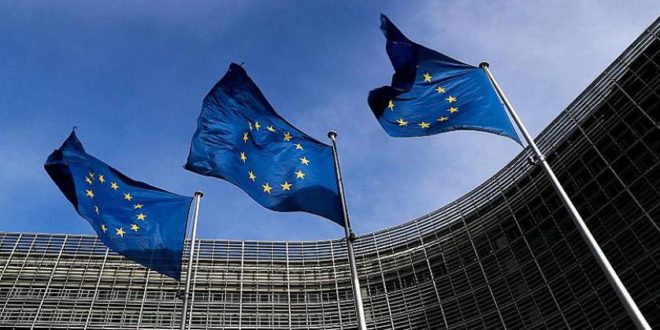By: Heba Abdel Fattah
Today, European Commission President Ursula von der Leyen, on behalf of the EU, signed five Memoranda of Understanding for a Forest Partnership with Guyana, Mongolia, the Republic of Congo, Uganda and Zambia in the presence of President of Guyana Mohamed Irfaan Ali, President of Mongolia Ukhnaagiin Khürelsükh, President of Zambia Hakainde Hichilema and representatives of President of the Republic of Congo, Denis-Christel Sassou Nguesso, and President of Uganda Yoweri Museveni. They were signed during the COP27 UN Climate Change Conference as a contribution to the external dimension of the EU Green Deal.
Forest Partnerships encompass the EU’s holistic cooperation framework for joint work on forests, aimed at reversing deforestation in supported countries and consequently enhance climate and biodiversity protection. Forests act as carbon sinks, and are essential for both climate adaptation and mitigation.
European Commission President, Ursula von der Leyen, said: “Forests are essential in so many respects: fighting against climate change, protecting biodiversity, providing means of subsistence to millions across the globe. Indeed, forests are home to 80% of terrestrial species of plants, animals and micro-organisms, while 1.6 billion people rely on forest resources for their livelihoods, food and fuel. With so much at stake, it is essential to take impactful actions and reverse deforestation. So we need Forest Partnerships with as many partners as possible to maintain healthy forests for a more sustainable future. Through these Partnerships, we will support our partners in sustainably managing and preserving forests, one of the world’s richest natural resource to combat climate change and conserve biodiversity as well as to promote sustainable development.”
Memoranda of Understanding for Forest Partnerships
Through the Forest Partnerships, the partners reaffirm their long-term political commitment and intention to cooperate closely to:
Ensure sustainable forest management by improving forest governance and enhancing the business environment;
Generate an economic transformation by stimulating the forest bio-economy, which would lead to job creation and socio-economic development through sustainable forest-related value chains and market access;
Reduce deforestation and forest degradation;
Look for ways to facilitate production of and trade in legal and sustainable forest products.
Forest Partnerships are tailor-made, demand-driven and aligned with the specific situations, needs and objectives of each of the signatory countries.
Background
Forest Partnerships and the €1 billion European Union contribution to the Global Forests Finance Pledge were first announced at the UN Climate Change Conference COP26 in Glasgow. One year on, the signature of the 5 Forest Partnerships during COP27 is an opportunity to show translation of EU promises into concrete deliveries and to renew its commitment to protect, restore and sustainably manage forests.
Furthermore, the EU has committed approximately 35% of its external action budget in 2021-2027 to climate objectives and 7.5% to biodiversity objectives.
 هايدي نيوز Heidi News أخبار عامه تهم كل الناس
هايدي نيوز Heidi News أخبار عامه تهم كل الناس





